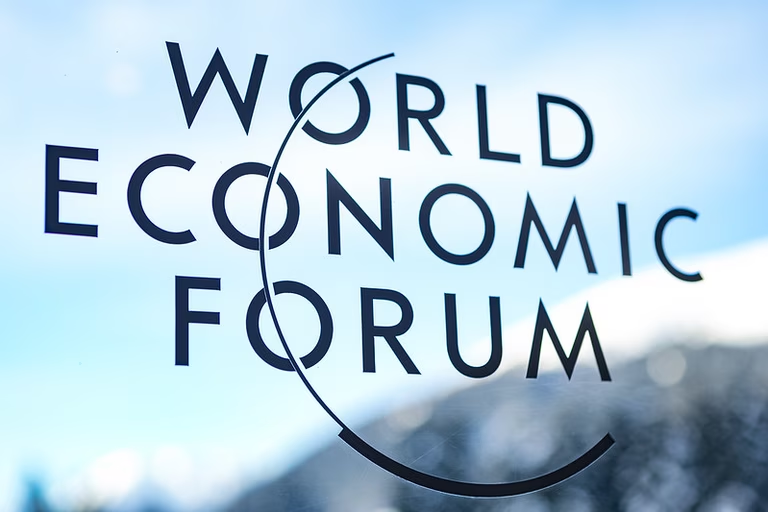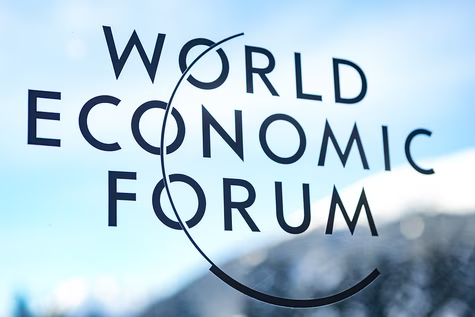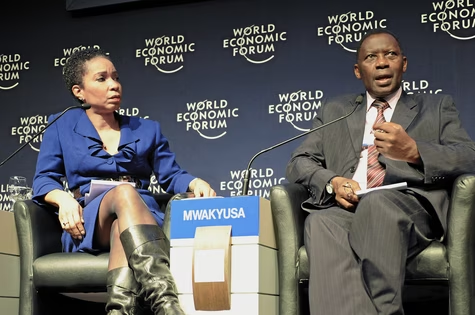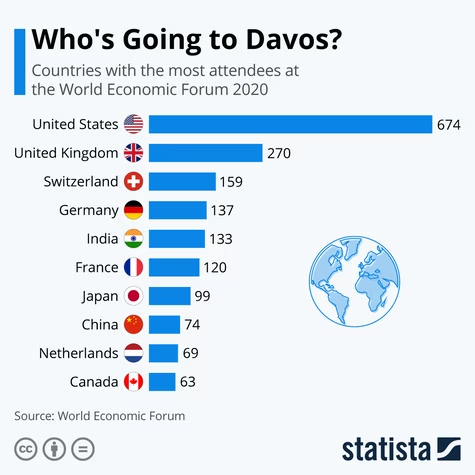
World Economic Forum (WEF) in DAVOS
Complete guide to the WEF annual meeting where leaders from across the globe meet to discuss critical economic issues | Great reset and criticism

What is the World Economic Forum? - Critical Arguements
The ➡️ World Economic Forum (WEF) is an international organisation focused on bringing together leaders from various sectors of business and politics to discuss key global challenges, exchange ideas, and work together to find solutions. The WEF was founded in 1971 by German economist Klaus Schwab.
The WEF headquarters are in Davos, Switzerland, and every January members come together for the World Economic Forum Annual Meeting. The event attracts decision-makers from business, politics, science, and civil society. This year the meeting will take place between January 19-23.
The various meetings and events cover economic, social, political, and environmental issues. In addition to the annual conference in Davos, the WEF is involved in various initiatives and projects throughout the year. This includes partnerships with governments, businesses, and civil society organisations, as well as initiatives focused on important issues such as the climate crisis, education, health, and technological innovation.
In 2020, the WEF launched The Great Reset initiative, an economic recovery plan in response to the Covid 19 pandemic. The plan was designed to focus on sustainability, justice, and social participation. However, many critics and conspiracy theorists see the initiative as a plan by economic and political elites to establish a new world order determined by them.
With over 300 resources, Better World Info is dedicated to providing reliable critical information and analysis on the WEF. Discover trustworthy news sources, where to find official WEF platforms, and our handpicked selection of informative articles and videos.
German speakers can visit our partner site Bessere Welt Info for further insight in the WEF from a European perspective.
We also recommend following our Twitter lists on Economy, Alternative Economy, Circular Economy, and Globalisation for critical analysis and updates from key financial and business experts, economists, social entrepreneurs, activists, and NGOs.
*****

Is the WEF Still Relevant?
The theme of the 2024 annual conference is ‘Rebuilding Trust’. This years aims focus on pacifying the wars in Ukraine and Palestine, tackling global inflation and climate change. In recent years the WEF has been losing its importance as important representatives turn their back on meetings as they weigh up the value Davos provides to the international community.
This year has been hailed a success as Ukrainian President Volodymyr Zelensky, Israeli President Isaac Herzog, the Qatari Prime Minister, and the Iranian Foreign Minister have all announced their attendance. These participants are important players in ongoing conflicts and the meeting could be a valuable chance for peace.
US Secretary of State Antony Blinken and French President Emmanuel Macron are also expected to attend. There will be no participants from Russia, and representatives from the Global South will hardly be represented. This is a common criticism of the WEF as the serious problems and concerns of these countries remain unaddressed and unresolved.
There is much debate about whether the WEF will take effective measures to reach their ambitious goals. The event is notoriously reserved for the rich and powerful elites of the world. The gathering historically has been used as a place for those with influence to network, conduct private business, and forge further alliances.
The hypocrisy has not gone unnoticed as politicians and entrepreneurs preach justice, peace, and sustainability yet the countries and businesses that they lead are the main causes of climate change and social inequalities. Many of the attendees benefit from arms deals, wars, privatisation of public services, and lobbying of the fossil fuel industry.

Self-serving Greenwashing or a Chance at a Better World?
One of the main criticisms of the WEF relates to the elitist nature of the annual meetings. Participation requires considerable costs, excluding the voices of many, and handing a loudspeaker to transnational corporations, Western governments, and invested celebrities. This exclusivity of participation distorts discussions and leaves the issues of the most vulnerable hidden.
Civil society is represented at the WEF but only for appearances sake. The voices and concerns of citizen groups and social movements are rarely taken into account, resulting in further weakened representation of key interest groups.
The WEF is, above all, a platform for decision-makers from big businesses and politics. These corporations' work to blur the lines between the two as they gain political influence and assert their interests through corruption, lobbying, and party financing. Conflicts of interest and a lack of independence at the WEF are of great concern and should be taken into consideration.
Accusations of greenwashing have been made many times over the years. The WEF has been accused of using environmental initiatives to improve its image, and not actually taking any substantial measures towards environmental protection and regulation.
Due to its global reach and long history, the organisation can exert significant influence on political decisions in many countries. Some critics see this as a dangerous form of "shadow government" in which unelected leaders and experts exert significant influence on national politics without holding any democratic form of authority.
Author: Maximilian Stark 14.01.24, translated and edited by Rachael Mellor 17.01.24 licensed under CC BY-NC-SA 4.0
For more information on the WEF read below ⬇️